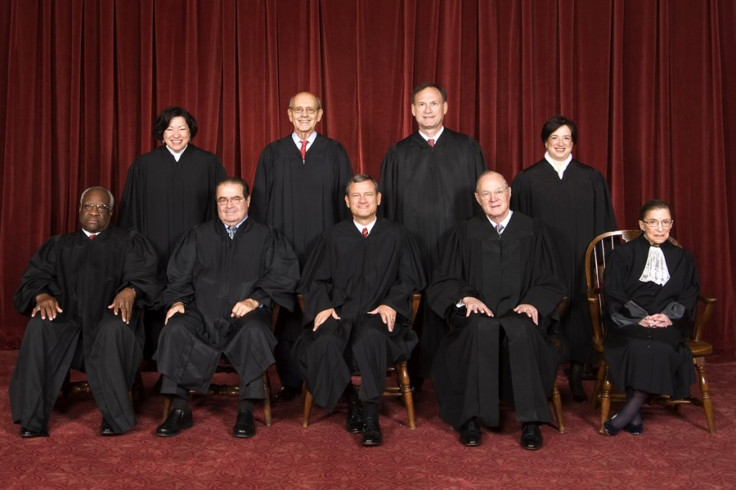Supreme Court Health Care Case: Do Oral Arguments Really Matter?

In 1928, Justice Charles Evans Hughes wrote that a vast amount of time is unavoidably wasted in the Supreme Court in futile discussion; this has the effect of reducing the time for cases which should be fully presented.
With the health care act on its docket, the U.S. Supreme Court offered lawyers six hours to argue their case on the Affordable Care Act, as opposed to the fractions of an hour each side gets in most cases. The historic amount of time set aside was the most offered by the court since the 1960s.
But as just one part of the justices' decision-making process, how important are oral arguments to the outcome of a case, especially one as critical as the one challenging the health care law?
In general, they are not likely to sway a decision one way or another, though a bad oral advocate could hurt a party's chances at the high court more than a good one could win a case.
Justice Clarence Thomas -- whose comments from the bench during arguments can be heard as frequently as credible Big Foot photographs are seen -- once asked why the justices would beat up on people when they know the outcome of a case.
There probably was a time further back in our history when it was different, when the oral advocates were really using that time to make their case, said Rick Garnett, a professor of law of Notre Dame and a law clerk for late Chief Justice William Rehnquist. The way the court works now is the cases are well-briefed. The justices study them closely with their clerks.
Indeed, oral arguments were conducted very differently in the early days of the court. They were unrestricted and could last for days. Then, arguments would last for hours and have now been reduced to minutes.
Of course, only the justices themselves know if and how much an attorney's oral performance will affect their judgment. And the justices do get something out of hearing attorneys plead their clients' case, like having confusing points in legal briefs clarified or testing the strength of an attorney's position.
That back and forth, both among the justices and between the counsel, presumably helps refine the issues and helps bring about some greater understanding by the justices of the parties' position, said Leon Sequeira, senior counsel for Seyfarth Shaw in Washington, D.C.
But the health care law being debated at the Supreme Court this week is no ordinary case, and the time allocated shows the justices acknowledge the complicated, multifaceted issues presented before them.
Here, they meant for the argument to matter, said Lee A. Casey, a partner at Baker Hostetler, and they gave it sufficient time.
© Copyright IBTimes 2024. All rights reserved.











